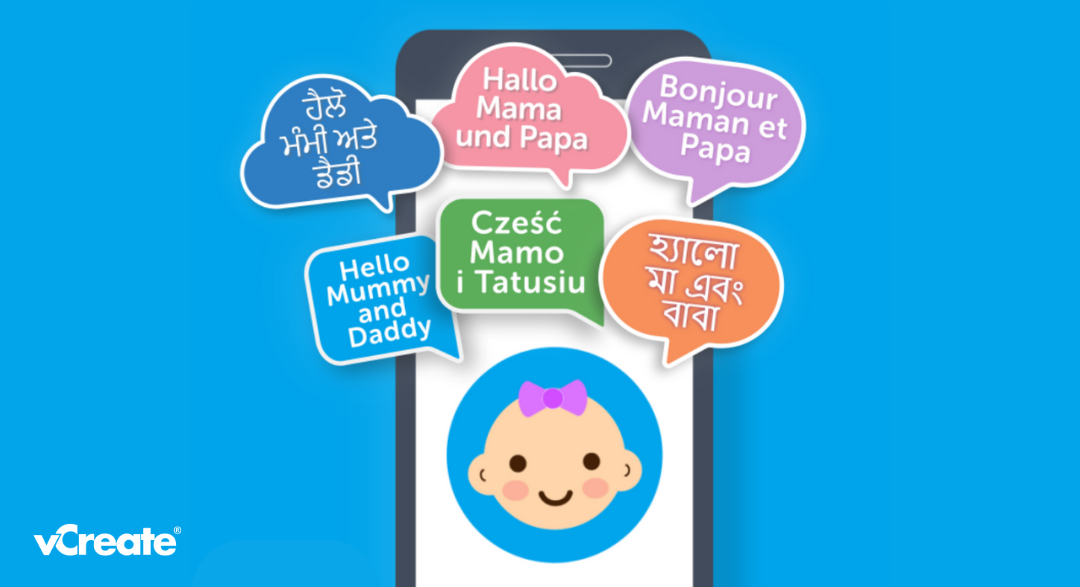Overcoming Language Barriers in the NICU
22 March 2024

The neonatal journey can be a daunting experience for parents, especially when language barriers add another layer of complexity. In such situations, effective communication between clinicians and parents becomes crucial for the well-being of both the baby and the family.
In the US, over 8% of people are affected by language barriers, and in Canada, 25% of people don’t speak English or French as their first language. In the Neonatal Intensive Care Unit (NICU), where parents rely on clinicians to provide updates on their baby's condition, explain treatment plans, and offer support and guidance, any barriers to communication can be challenging to navigate.
Seemingly simple tasks such as filling out forms, understanding medical terminology, or asking questions about their baby's care can become major obstacles and exacerbate an already stressful situation.
To address these barriers, many healthcare providers offer interpreter services. However, these services present critical challenges in terms of access and financial burden.
vCreate, a secure video diary service supporting family engagement in the NICU, developed a multi-language feature to address these issues and improve equity of access for all families.
Families can select their language of choice when logging in to the app, which translates the entire interface and all messages to and from clinical teams. This allows parents struggling with language barriers to communicate effectively with healthcare professionals and make informed decisions about their little one's care.
Consultant neonatologist Dr. Neil Patel, whose team has been using the new language features to support families at the Royal Hospital for Sick Children, Glasgow, says: “It’s crucial to our patients’ health and wellbeing that we can communicate with all families quickly and accurately. We understand that a stay in the NICU is a distressing experience, but it can be even more isolating and daunting for those who don't speak English.
The new auto-translated messaging function in vCreate is going to be very important to help us ensure that all parents can stay connected with their babies and are properly supported to be involved in their care on and off the unit, regardless of their language.”
The service also includes a digital form feature, allowing clinicians to digitise paper forms, such as neonatal passports and discharge checklists, quickly and easily. Families can access the forms on any device and in their language of choice, preventing the need for translation services and saving clinician time and resources. All forms are auditable, allowing clinical teams to monitor responses, sign-off progress and, if required, upload to the Electronic Health Record (EHR).
Currently, there are 14 languages available, including French, German, Italian, Polish, Spanish, Punjabi, Gujarati, Arabic, Romanian, Bengali, Brazilian Portuguese, Ukrainian, and Urdu, and the list is continually growing.
Please email us to request a demo and find out how we can improve equity of access for your families.
